NVIDIA launches new GeForce RTX 30 Series graphics cards with 8K gaming
New graphics cards will feature industry firsts, including 4K refresh rates
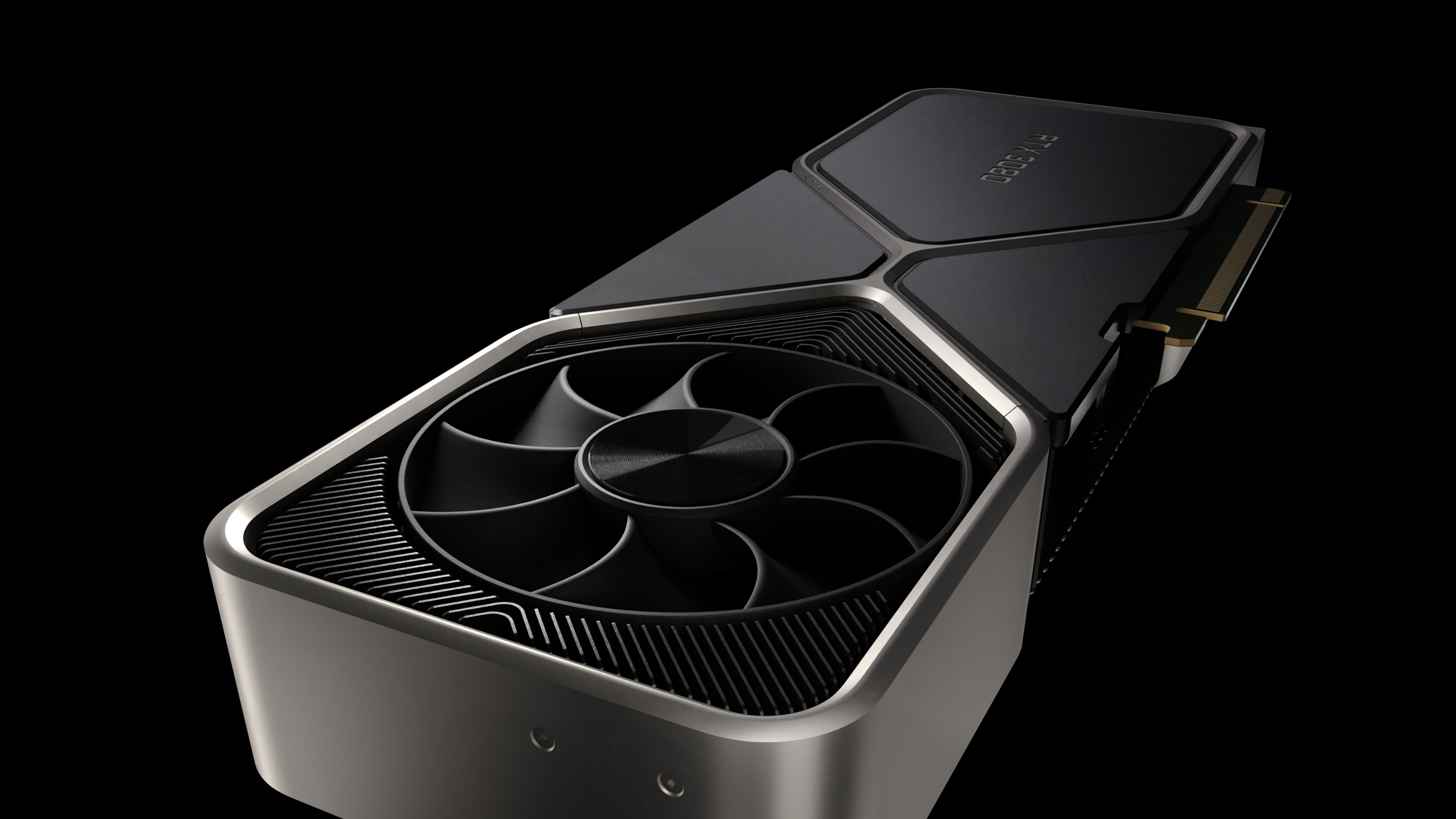
Today, NVIDIA announced the debut of its all-new GeForce RTX 30 Series graphics cards, which will include a range of industry firsts in performance.
These new graphics cards will be built using Samsung’s 8nm process and will feature up to 24 GB of Micron’s new GDDR6X VRAM for quick performance. They will also be the first-ever GPUs to feature HDMI 2.1, which supports 4K high-refresh rate and 8K gaming. They’ll also boast industry-first support for AV1 codec, which reduces the bandwidth needed for high-resolution streams.
The new GeForce RTX 30 Series GPUs will also feature NVIDIA Reflex to minimize latency, NVIDIA Broadcast to enhance video and voice through artificial intelligence (AI) and NVIDIA Studio to allow creative software to run more smoothly.
NVIDIA will release three GeForce RTX 30 Series GPUs over the next few months.
The base model will be the $499 GeForce RTX 3070, which will be available in October and feature 8 GB of GDDR6 VRAM and 5,888 CUDA cores.
The midrange GeForce RTX 3080 will retail for $699 and will feature 10 GB of GDDR6X VRAM and 8,704 CUDA cores. The RTX 3080 will hit stores Sept. 17.
The top-of-the-line GeForce RTX 3090 will hit stores on Sept. 24 at $1,499. It’ll feature 10,496 CUDA cores and 24 GB of GDDR6X VRAM.
Get the ITPro daily newsletter
Sign up today and you will receive a free copy of our Future Focus 2025 report - the leading guidance on AI, cybersecurity and other IT challenges as per 700+ senior executives
New Ampere Streaming Multiprocessors are also a part of the RTX 30 Series GPUs. This Ampere architecture offers superior performance thanks to its 2x FP32 throughput. They also feature increased performance per watt, PCIE 4.0 support, an 18-phase power supply and innovative cooling.
Finally, the RTX 30 Series GPUs feature second-generation NVIDIA Ray Tracing cores with twice the throughput.
-
 OpenAI's new GPT-4.1 models miss the mark on coding tasks
OpenAI's new GPT-4.1 models miss the mark on coding tasksNews OpenAI says its GPT-4.1 model family offers sizable improvements for coding, but tests show competitors still outperform it in key areas.
By Ross Kelly
-
 Meta just revived plans to train AI models using European user data
Meta just revived plans to train AI models using European user dataNews Meta has confirmed plans to train AI models using European users’ public content and conversations with its Meta AI chatbot.
By Nicole Kobie
-
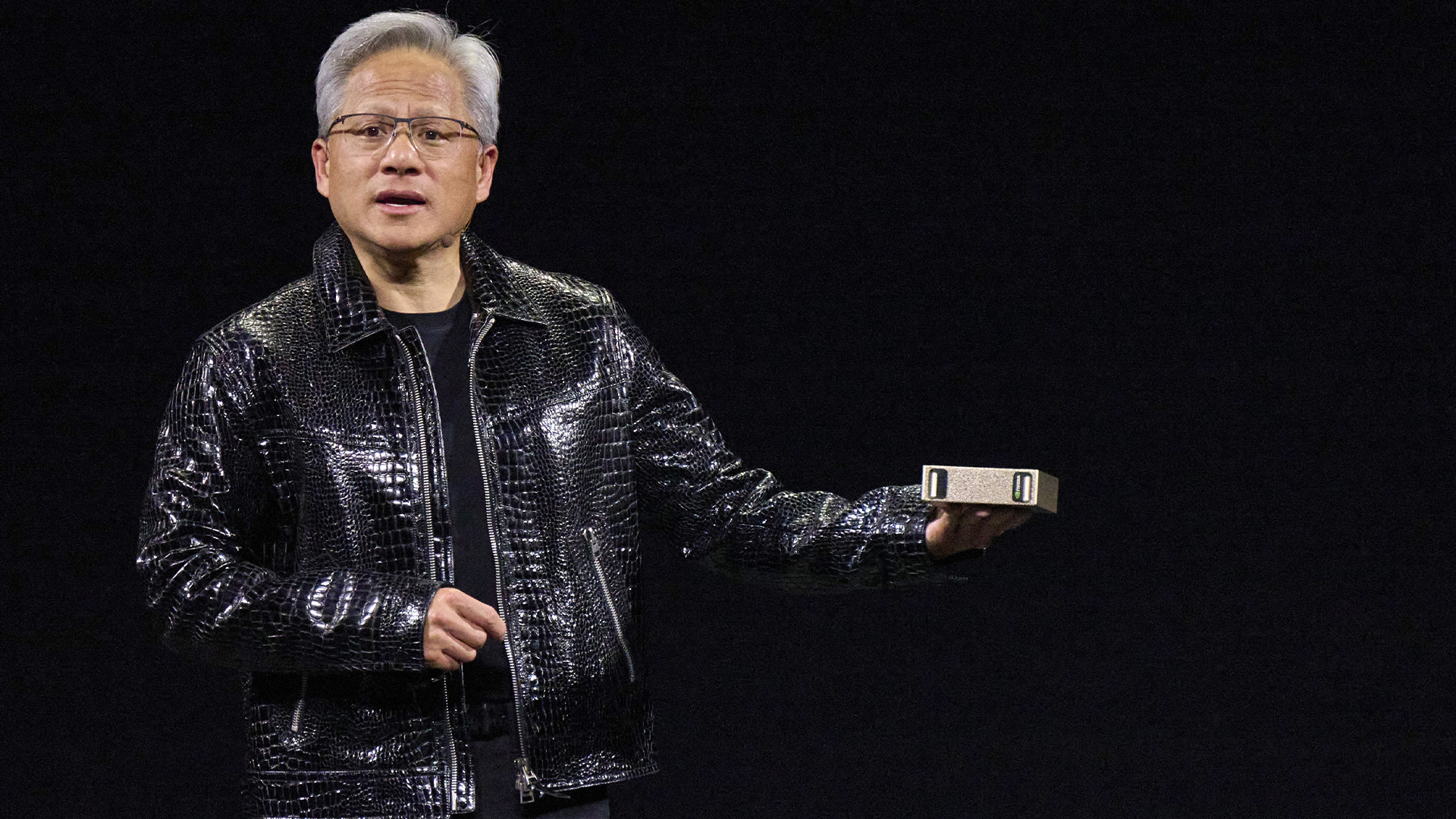 “The Grace Blackwell Superchip comes to millions of developers”: Nvidia's new 'Project Digits' mini PC is an AI developer's dream – but it'll set you back $3,000 a piece to get your hands on one
“The Grace Blackwell Superchip comes to millions of developers”: Nvidia's new 'Project Digits' mini PC is an AI developer's dream – but it'll set you back $3,000 a piece to get your hands on oneNews Nvidia unveiled the launch of a new mini PC, dubbed 'Project Digits', aimed specifically at AI developers during CES 2025.
By Solomon Klappholz
-
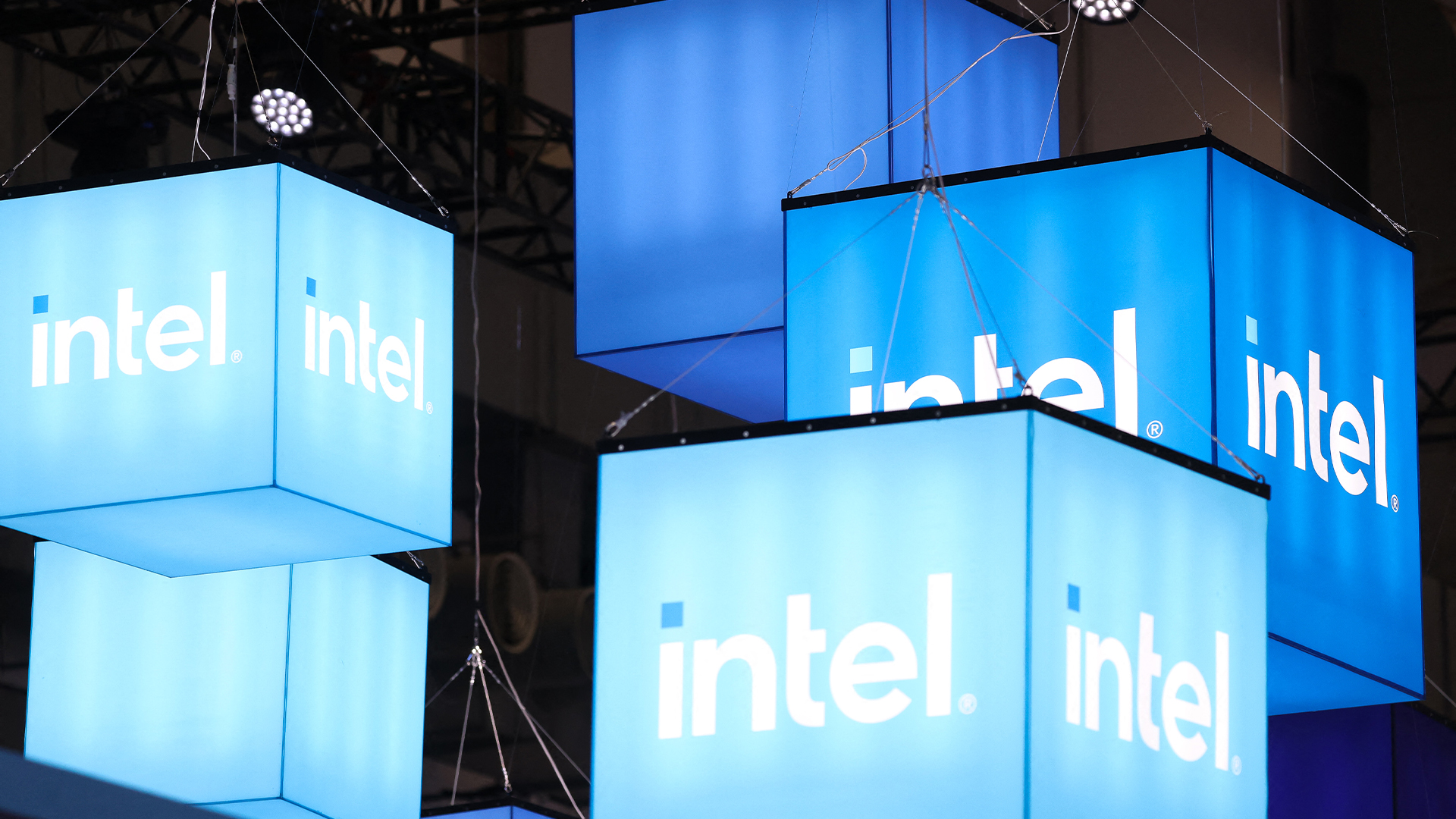 Intel just won a 15-year legal battle against EU
Intel just won a 15-year legal battle against EUNews Ruled to have engaged in anti-competitive practices back in 2009, Intel has finally succeeded in overturning a record fine
By Emma Woollacott
-
 Jensen Huang just issued a big update on Nvidia's Blackwell chip flaws
Jensen Huang just issued a big update on Nvidia's Blackwell chip flawsNews Nvidia CEO Jensen Huang has confirmed that a design flaw that was impacting the expected yields from its Blackwell AI GPUs has been addressed.
By Solomon Klappholz
-
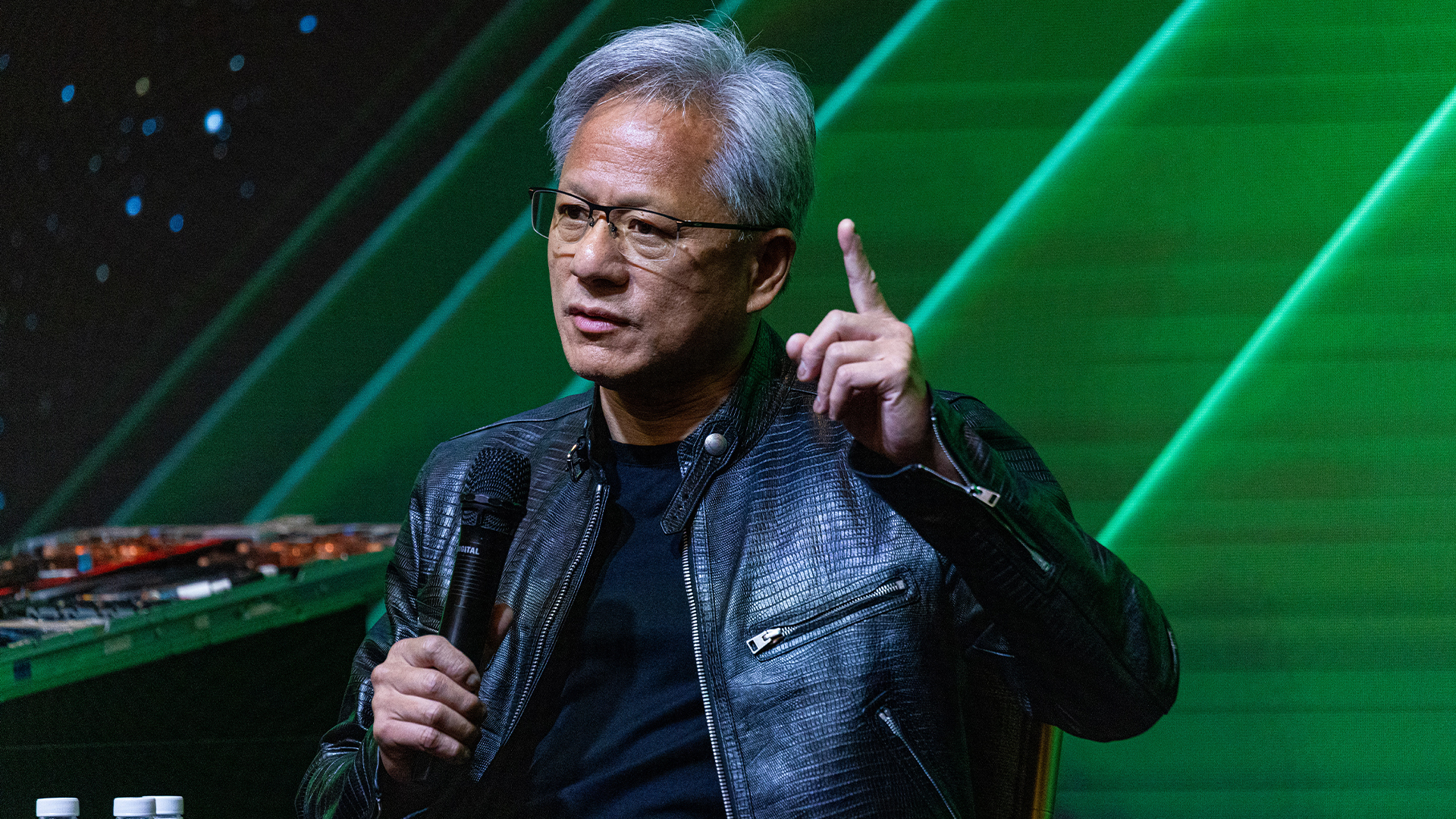 How Nvidia took the world by storm
How Nvidia took the world by stormAnalysis Riding the AI wave has turned Nvidia into a technology industry behemoth
By Steve Ranger
-
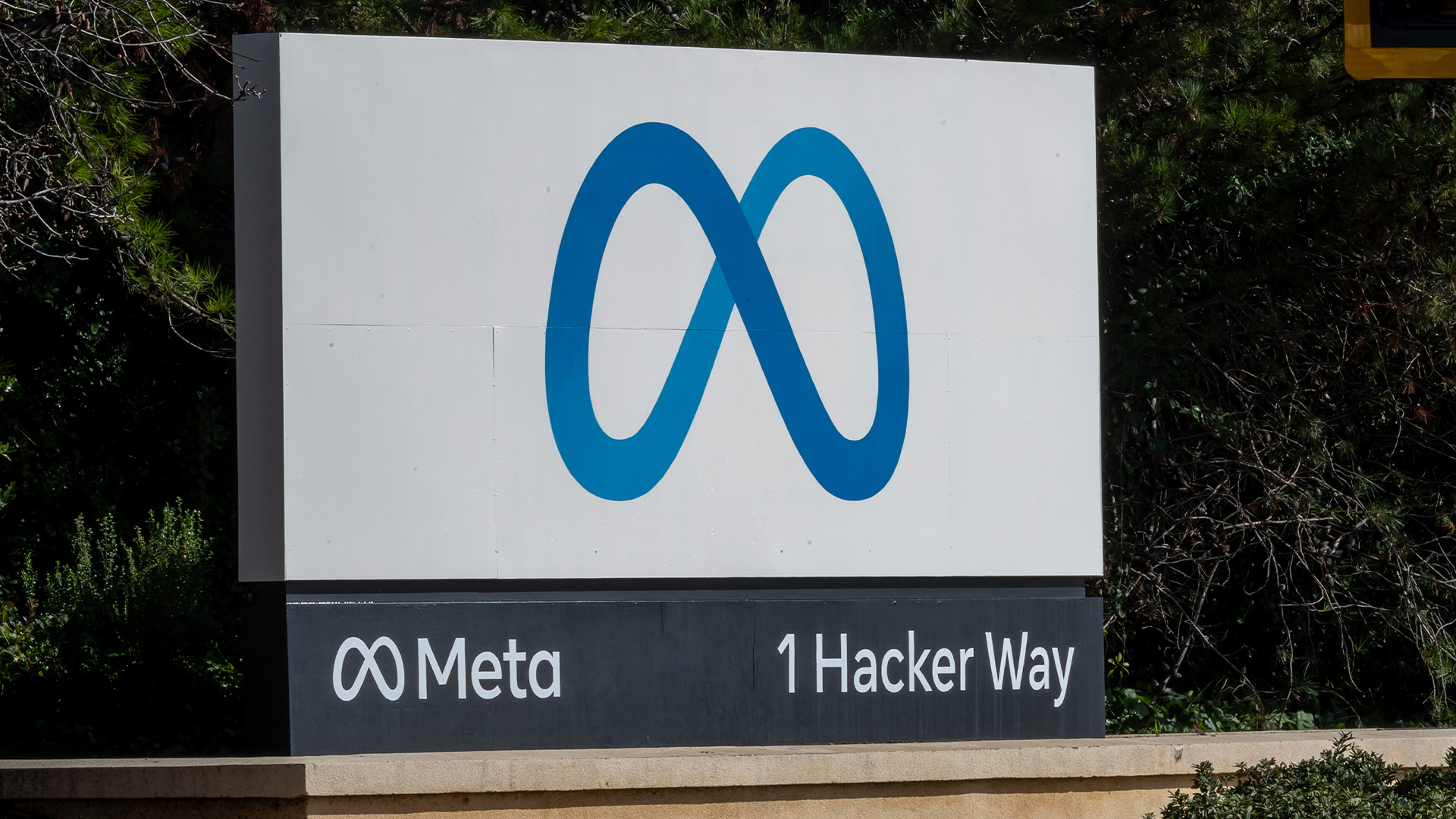 Meta unveils two new GPU clusters used to train its Llama 3 AI model — and it plans to acquire an extra 350,000 Nvidia H100 GPUs by the end of 2024 to meet development goals
Meta unveils two new GPU clusters used to train its Llama 3 AI model — and it plans to acquire an extra 350,000 Nvidia H100 GPUs by the end of 2024 to meet development goalsNews Meta is expanding its GPU infrastructure with the help of Nvidia in a bid to accelerate development of its Llama 3 large language model
By George Fitzmaurice
-
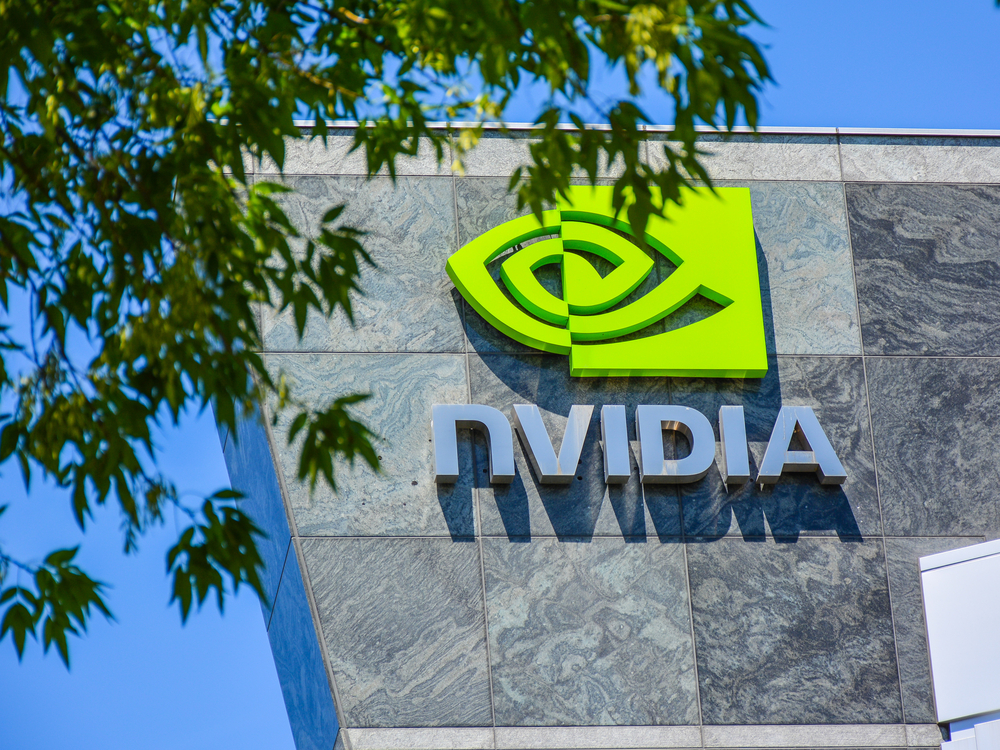 TD Synnex buoyed by UK distribution deal with Nvidia
TD Synnex buoyed by UK distribution deal with NvidiaNews New distribution agreement covers the full range of Nvidia enterprise software and accelerated computing products
By Daniel Todd
-
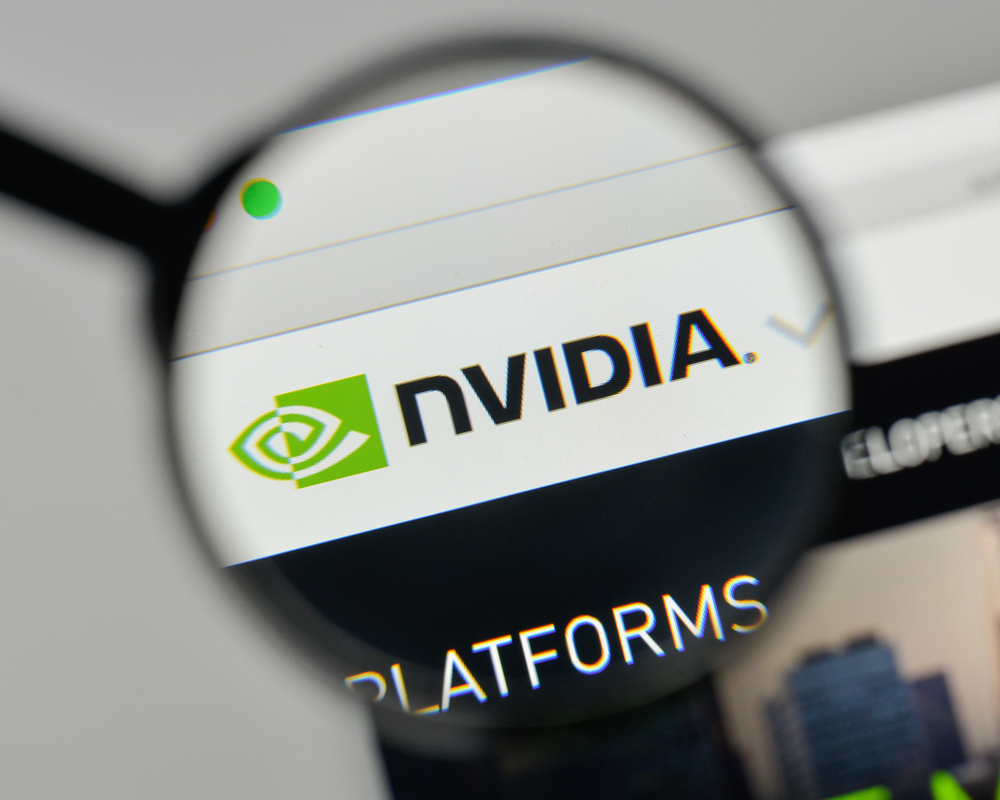 PCI consortium implies Nvidia at fault for its melting cables
PCI consortium implies Nvidia at fault for its melting cablesNews Nvidia said the issues were caused by user error but the PCI-SIG pointed to possible design flaws
By Rory Bathgate
-
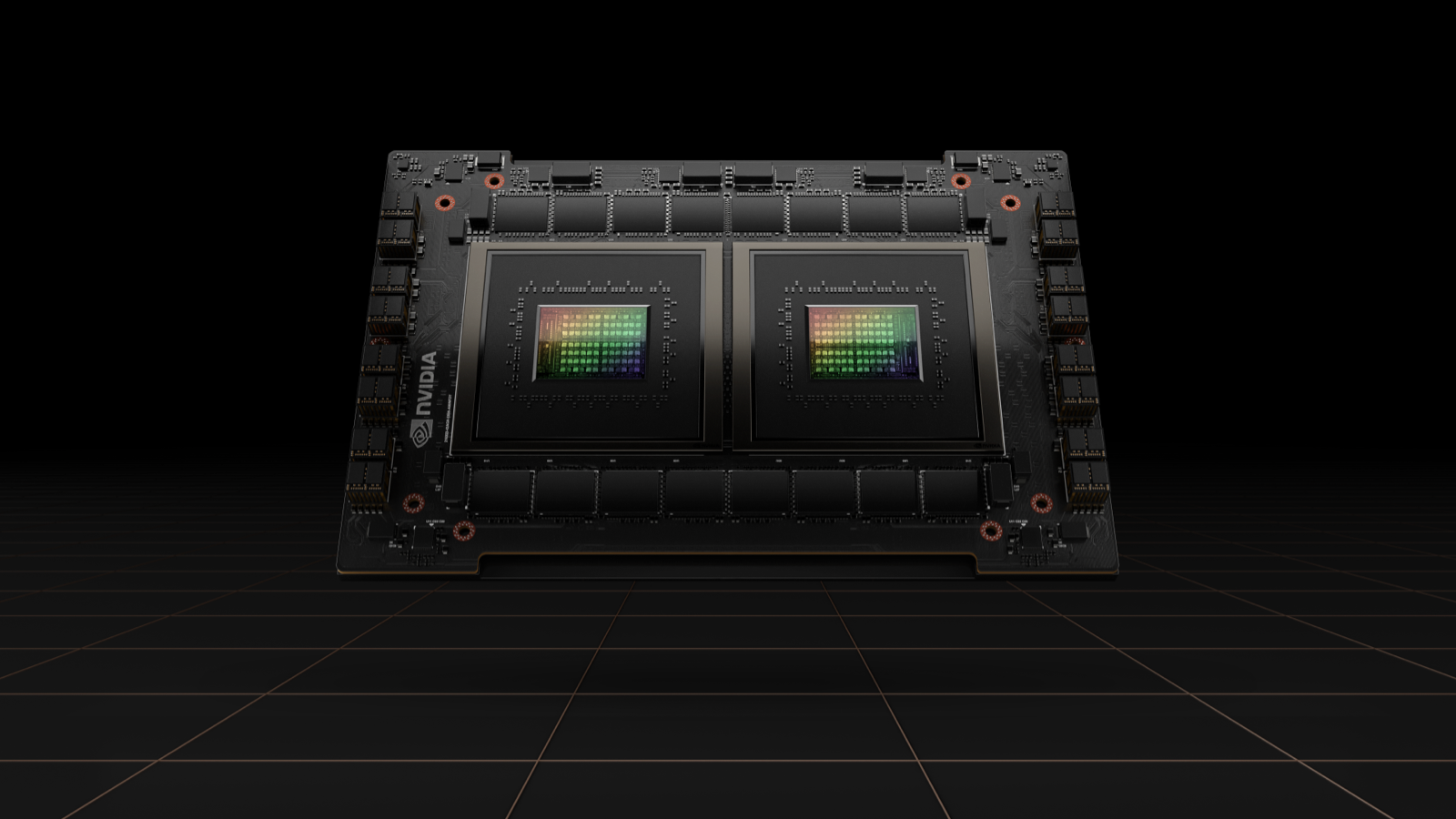 Nvidia announces Arm-based Grace CPU "Superchip"
Nvidia announces Arm-based Grace CPU "Superchip"News The 144-core processor is destined for AI infrastructure and high performance computing
By Zach Marzouk